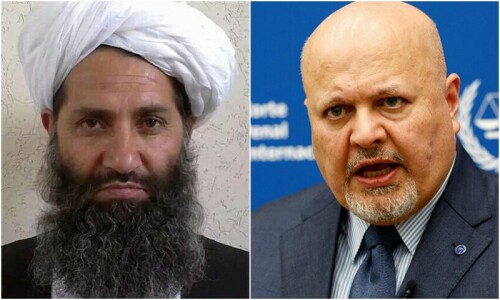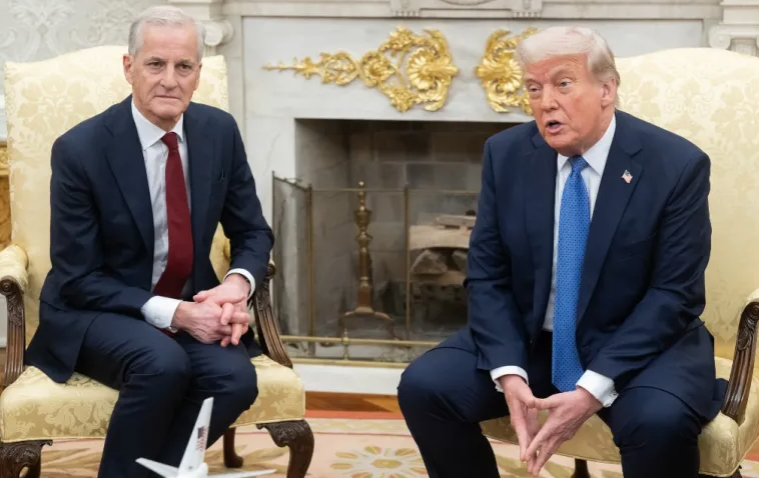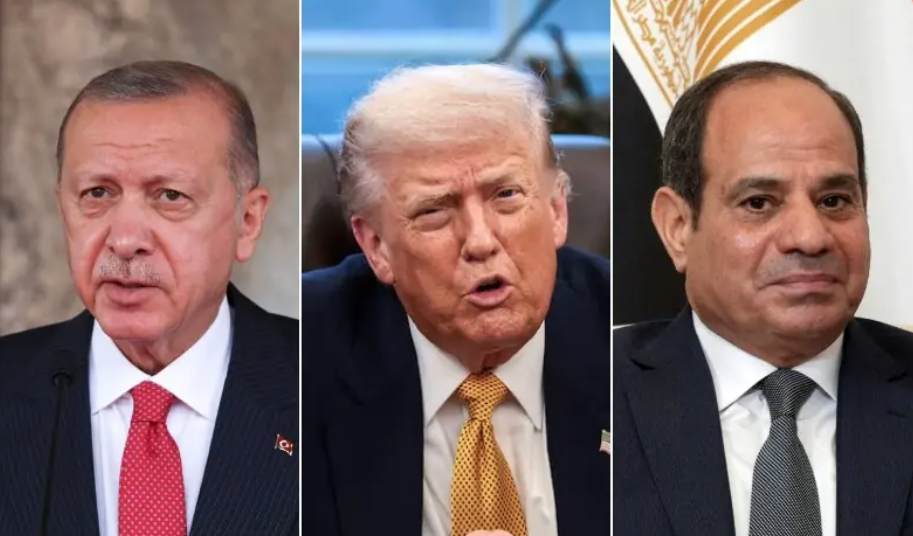WORLD NEWS

Afghanistan's Taliban government has responded strongly to the International Criminal Court's (ICC) recent efforts to seek arrest warrants against senior Taliban leaders. The ICC is pursuing charges of crimes against humanity, specifically the persecution of women under Taliban rule, which the Taliban government has labeled as politically motivated.
In a statement released on Friday, the Afghan Foreign Ministry denounced the arrest warrants, claiming that the ICC's actions were not based on a fair legal foundation but rather driven by "double standards" and "political motivation." The statement highlighted the court's failure to address war crimes committed by foreign forces during the 20-year occupation of Afghanistan, a criticism the Taliban has echoed for years.
The statement further argued that the ICC should not impose a singular interpretation of human rights upon the world, disregarding the religious and national values of other countries, especially those in Afghanistan. This rhetoric reflects the Taliban's staunch belief that their interpretation of Islamic law is central to their governance.
The Taliban’s rapid military takeover of Afghanistan in 2021, which led to the fall of the American-backed government, triggered a harsh interpretation of Islamic law that severely restricted women's rights. This has been the focus of international condemnation, with the ICC now pursuing charges against senior Taliban leaders for their role in these human rights violations.
Afghanistan’s deputy interior minister, Mohammad Nabi Omari, a former Guantanamo Bay detainee, further criticized the ICC during an event in Khost city. He stated that the ICC could not intimidate them, pointing to the perceived bias in the court’s actions. Omari expressed that the ICC should have pursued charges against the United States for its involvement in the war in Afghanistan and also called for the prosecution of Israeli Prime Minister Benjamin Netanyahu over Israel's military operations in Gaza.
As global tensions rise, the Taliban government’s defiance towards international legal bodies only deepens the divide over the ongoing situation in Afghanistan, with widespread concerns about human rights violations and the future of governance in the region.




